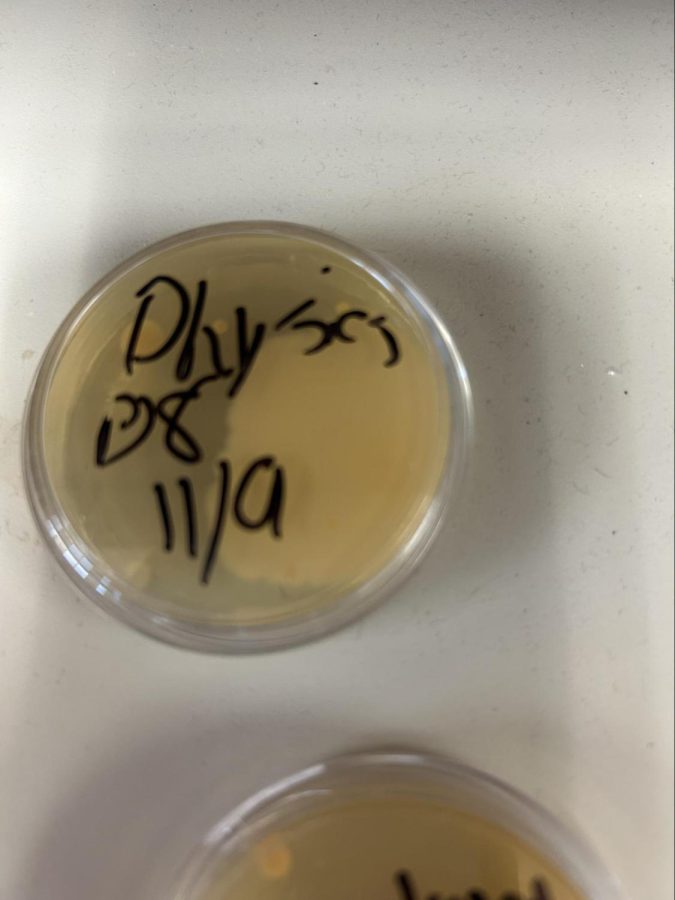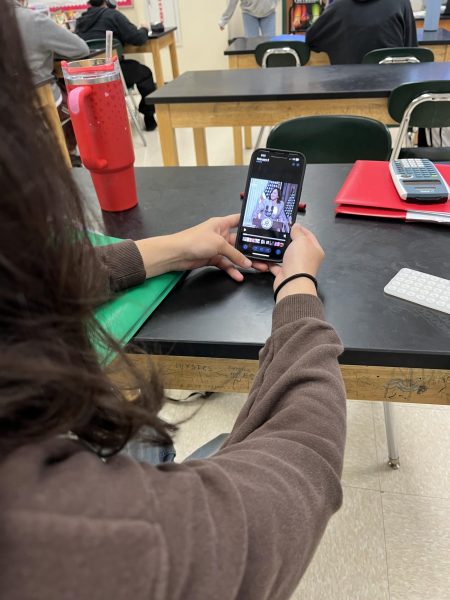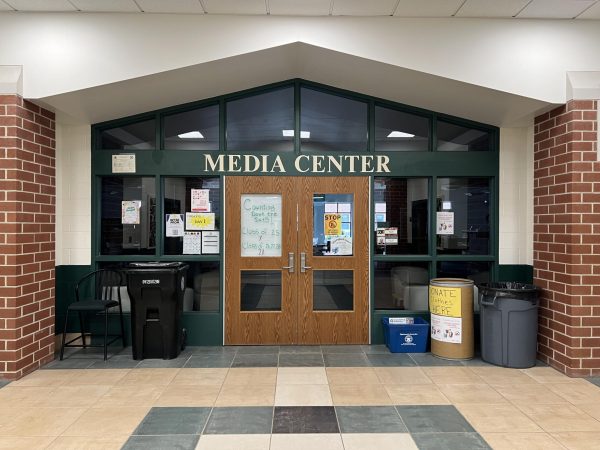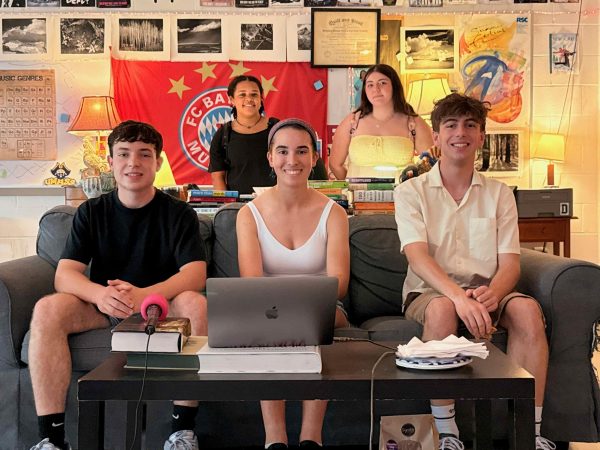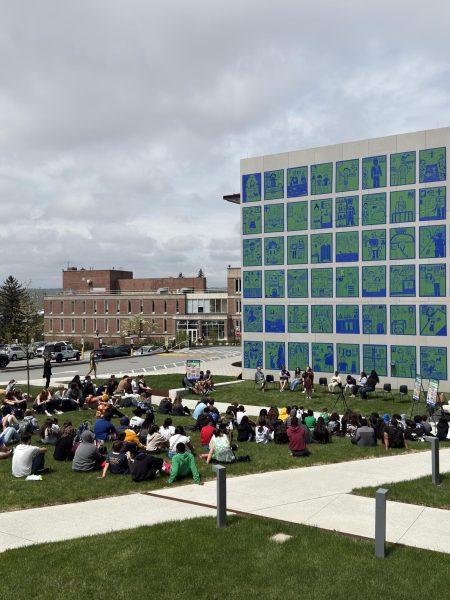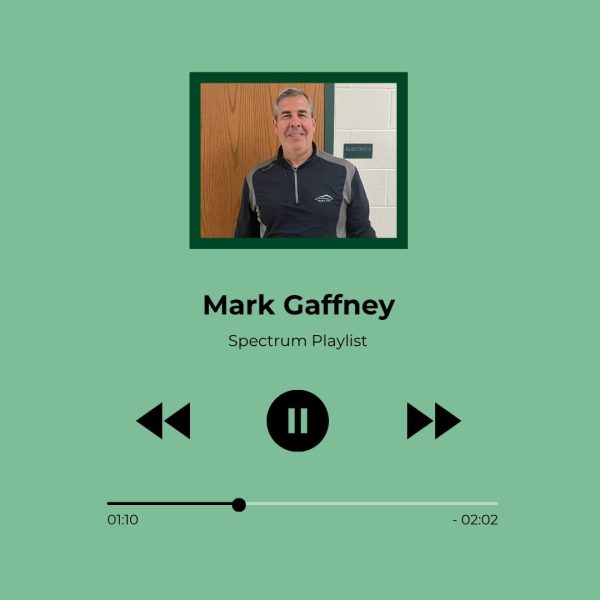It’s Not Too Late: The Cell Phone Hotels are Germ Incubators
It is the most wonderful time of the year: the holidays, AKA cold and flu season. Our spirits reach an all-time high, while our immune systems plummet to an all-time low. How can one forget this time in the younger grades when we all shared a backpack closet, or cubbies, and germs mingled freely? Kids would come home with a new mystery ailment every other week and paper snowflakes as consequence of this mingling. Now in high school, Principal Ryan Shea recently created the policy of cell hotels, and the cleanliness of the policy has become an issue.
My hypothesis is that because the cell hotels function in a similar way to elementary cubbies, the spread of sickness and disease would also occur in a similar way. According to the University of Arizona, our cell phones carry 10 times more germs than toilet seats, and this year we deposit that bacteria again and again in different classes with bacteria from the previous classes, bringing the health safety of the hotels into question.
To test my hypothesis on the bacteria growing in cell hotels, I tested every classroom’s cell hotel. I tested pocket 14, which was a number randomly generated from a random number generator. Directed by Science Department Lead Teacher Dr. Peter Bangs, I swabbed using a Q-tip dipped in sterile water the inside of pocket 14, every part the phone would touch when deposited, in each classroom, and placed my sample in a Petri dish by rubbing the swab along the bottom in two directions. My AP Stats classroom that enforces the policy religiously has the most bacteria, covering the entire Petri dish with bacteria and white bubbly film. The pattern between the dishes was clear: classes that enforced the policy strictly had much more bacteria. Other classes that took a more hands off approach to the policy, as long as phoneś were not visible and not in use, had much less bacteria, with only a few visibly apparent colonies. All the dishes exuded a foul smell that got worse over the course of five days, some seemed to have bubbled colonies of bacteria, while others white film, signs of harboring different bacteria.
There needs to be a policy to clean the hotels that are clearly harboring bacteria, or a revocation of the current policy altogether. Dr. Bangs said,¨The types of bacteria could be a concern. It is not inconceivable that those used more frequently have more bacteria in them.¨
It is disappointing that the policy could have such undesirable consequences, considering classroom dynamics have shifted dramatically with students focusing more, and some students reporting that they are overall less tempted to pick up their phones, even outside of school, but the health concerns should undoubtedly be part of the conversation around the policy.
Phones should simply be confined to backpacks, with the same consequences of it being out that are given for having your phone outside of the hotel, keeping the change simple and low cost. The school could invest in alcohol wipes for everyone to wipe their phone every time they use the hotel, which depending on how good everyone wipes might not even have a significant impact, and would take substantial time out of class, or follow Dr. Bangs recommended spraying which would also be costly.

